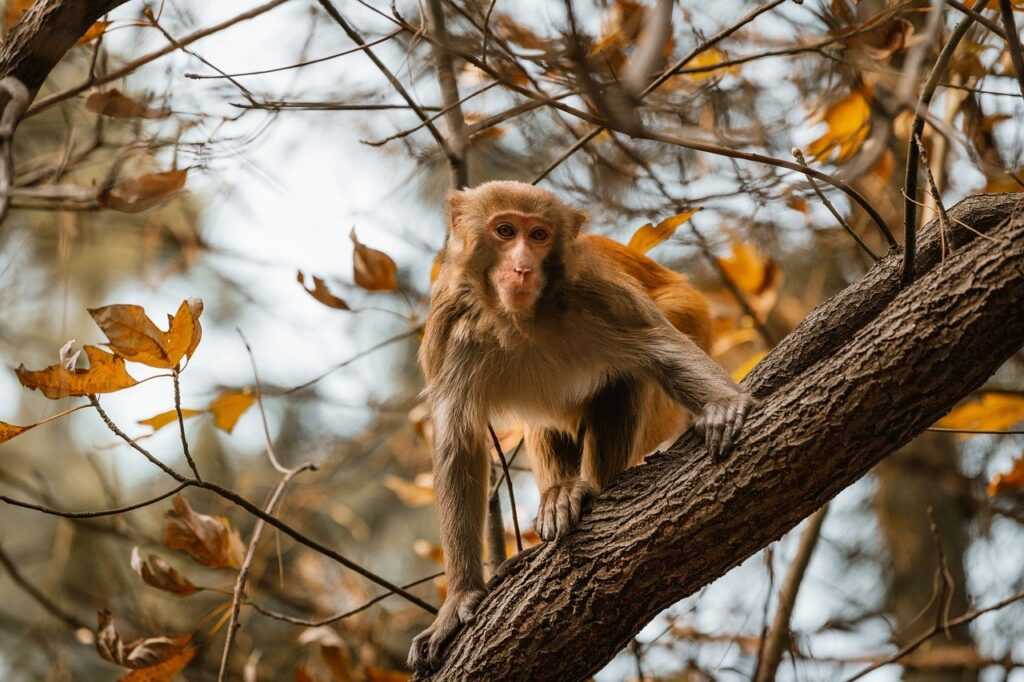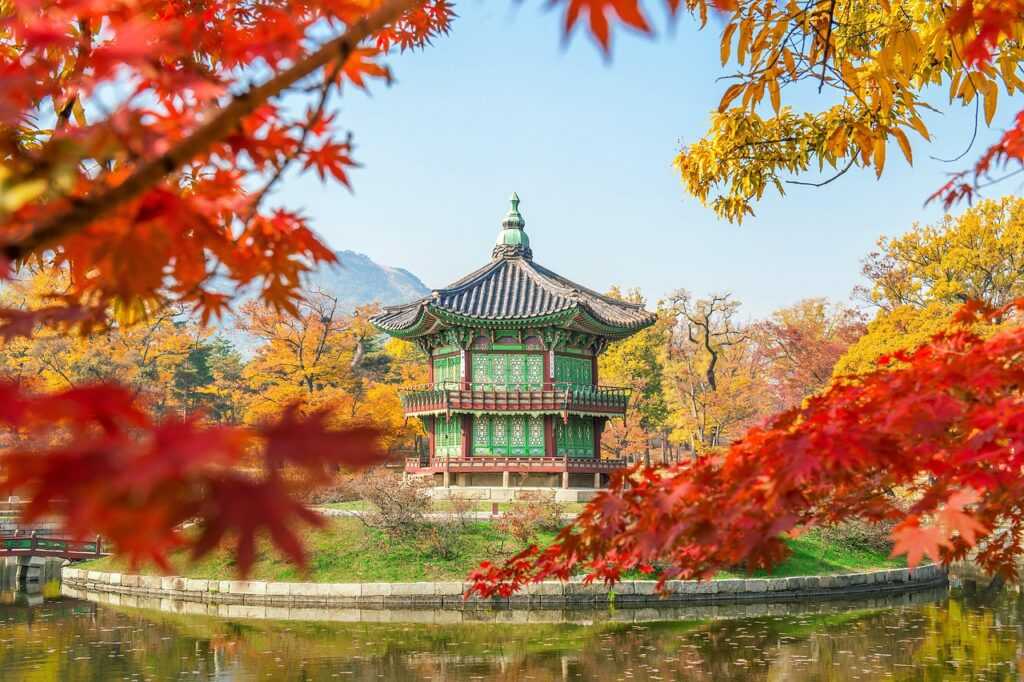The Basics of Pustule Secretion
Pustules are small, raised bumps on the skin filled with pus, a mixture of dead white blood cells, bacteria, and other debris. When a pustule is popped or ruptured, the contents are released, including the clear liquid that emerges from the lesion. This clear liquid is often mistaken for water or oil, but in reality, it is a mixture of plasma, a component of blood, and interstitial fluid, the fluid that surrounds cells in the body.
Causes of Pustule Secretion
Pustules form when hair follicles become clogged with oil, dead skin cells, and bacteria, leading to an inflammatory response by the body. This inflammation causes the formation of pus within the pimple, which can eventually be released when the pustule is popped. The clear liquid that comes out is a combination of the body’s efforts to fight off the infection and the healing process that begins once the pimple has ruptured.
Effects of Pustule Secretion
While the act of popping a pustule may provide temporary relief and satisfaction, it can actually do more harm than good. Popping a pimple can push bacteria deeper into the skin, leading to further inflammation and potentially scarring. Additionally, the clear liquid that is released may contain infectious agents that can spread to other areas of the skin, causing more breakouts. It is important to resist the temptation to pop pustules and instead seek treatment from a dermatologist to prevent further complications.
Treating Pustule Secretion
There are several ways to treat pustules and prevent the secretion of clear liquid from popped pimples. Proper skin hygiene, including washing the face twice daily with a gentle cleanser, can help prevent the buildup of oil and bacteria that lead to pustules. Overthecounter acne treatments, such as benzoyl peroxide or salicylic acid, can also help reduce inflammation and prevent new breakouts. In more severe cases, a dermatologist may prescribe prescriptionstrength medications or procedures to address stubborn pustules.
In conclusion, pustule secretion, the clear liquid that comes out of popped pimples, is a natural process that occurs when the body is trying to heal itself. Understanding the causes, effects, and treatments of pustules can help individuals better care for their skin and prevent future breakouts. Remember, when dealing with pustules, it is best to resist the urge to pop them and seek professional guidance to avoid complications and promote healthy skin.




